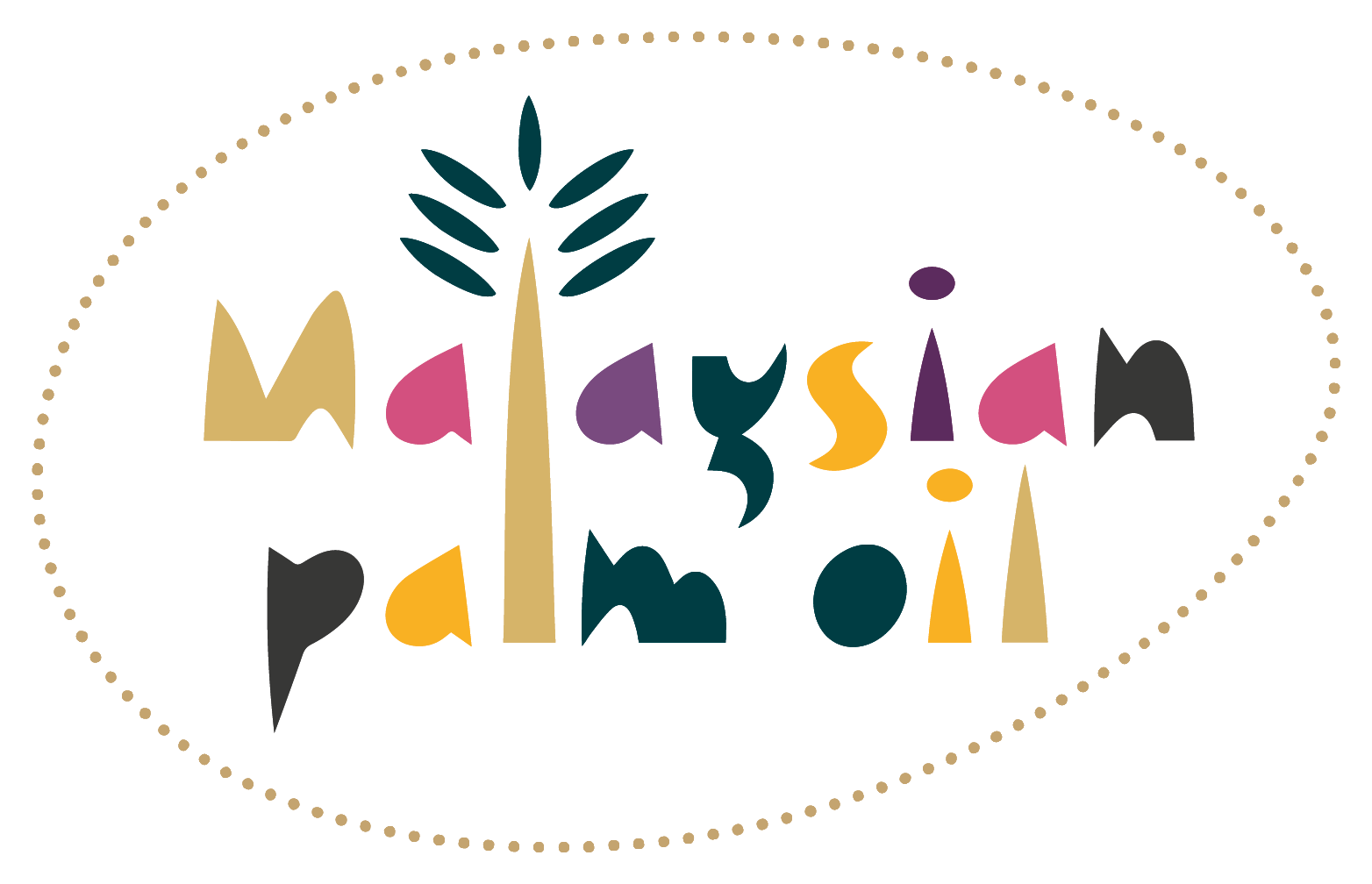The Value Chain
A hub to learn more about the Palm Oil Value Chain, access relevant documents and find sources for more information on the palm oil sector.
Sustainability
The UN Sustainable Development Goals (SDGs) are the global consensus on sustainability. Malaysian palm oil contributes significantly to the SDGs. It reduces poverty and improves livelihoods, supports the Malaysian economy, and reduces land use for vegetable oil crops across the globe.
Certification
Malaysian palm oil is certified under a mandatory national standard â MSPO â that is the largest vegetable oil certification system in the world. MSPO certifies that farmers are producing palm oil sustainably, ensuring against deforestation and protecting labour rights.
Innovation
Malaysian palm oil leads the world by introducing more efficient harvesting and processing techniques that improve palm oil production, reduce waste and lower pollution.
Labour
Malaysia is leading the palm oil industry to improve labour practices and treatment of workers in line with international norms on worker rights and eradicating child labour and forced labour.
Trade
Malaysia supports open trade in vegetable oils to ensure that the worldâs population has access to cheap, healthy and readily available oil for cooking and household needs.
People
Palm oil supports millions of livelihoods and families across Malaysia, and has brought an entire generation out of poverty, giving them rights to land and new economic opportunities.
Conservation
Malaysia works with international and local conservation groups across the country and supports programs to ensure its populations of orangutans, tigers and other wildlife will be there for future generations.
Traceability
Malaysiaâs national palm oil certification scheme â MSPO â has one of the most robust and effective traceability mechanisms in the agriculture industry, MSPO Trace.
Health
Palm oil is used as an ingredient in bread, baked goods, cereals, margarine, chocolate and many other everyday products â and all of it is healthy and free of trans fats.
